During the 1930s, Modjeska Simkins was the only African-American public health worker for the State of South Carolina until she was asked to resign due to her increased involvement with the NAACP. As part of her 16-year tenure as State NAACP secretary, she pursued the education case of Briggs vs. Elliott, which became part of Brown vs. Board of Education.
Simkins was born on December 5, 1899, in Columbia, South Carolina to Henry Monteith and Rachel Hall. Simkins lived on a farm near Columbia and Benedict College. After receiving her B.A. degree in 1921, she began teaching at Booker T. Washington High School. She married Andrew Whitfield Simkins in 1929; as married women were not allowed to be teachers, she was asked to resign.
In 1931, Simkins entered the field of public health as the Director of Negro Work for the South Carolina Tuberculosis Association. She became the state’s only full-time, statewide, African-American public health worker. For decades prior to the 1930s, southern racism and poverty had created an alarming increase in deaths among African Americans due to tuberculosis, pellagra, and other illnesses. By creating alliances with influential groups and raising funds, Simkins had a substantial impact on the health of the black community.
In 1942, Simkins lost her position with the Tuberculosis Association because of her increasing involvement in the NAACP. When the South Carolina NAACP was formed, she was already a member of the executive board of the local Columbia NAACP branch and the chair of its program committee.
Simkins became one of the founders of the state conference. She was elected to the first executive board and was the first chair of the state programs committee.
She was elected Secretary of the state conference, the only woman to serve as an officer. While serving as secretary, she helped the state move toward racial equality.
Simkins was a key figure in gaining teacher approval and support for teacher equalization lawsuits in Sumter and Columbia, South Carolina. She is noted for her work with the South Carolina federal court case of Briggs vs. Elliott in 1950. She assisted the Reverend Joseph DeLaine, president of the Clarendon County, South Carolina NAACP by helping to write the declaration for the school lawsuit that demanded of the county’s black and white schools.
The Clarendon County case was eventually reworked to become one of the several individual cases set up to directly challenge the “Separate but Equal” doctrine in the Brown v. Board of Education in Topeka case in 1954. Simkins died in 1992.
source:
http://library.sc.edu/p/Collections/SCPC/Collections?Collection=SimkinsModjeska18991992
https://en.wikipedia.org/wiki/Modjeska_Monteith_Simkins








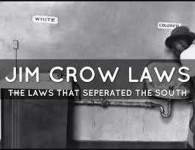
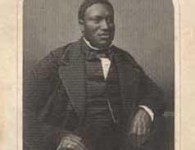


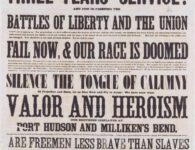


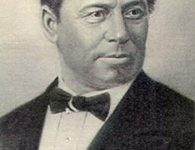
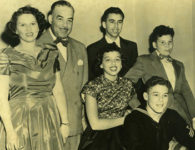
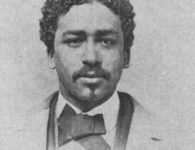



No comments